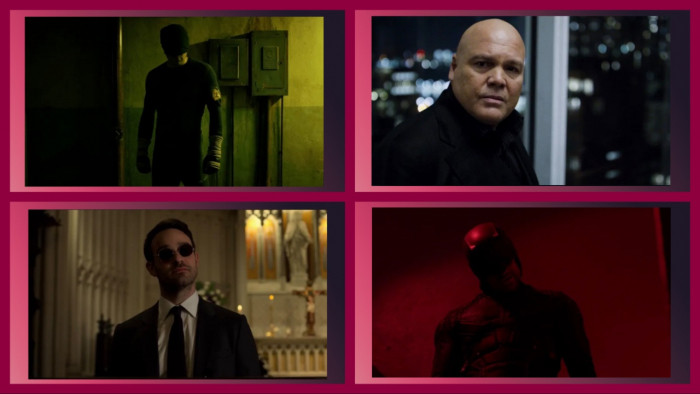Why last night's Game of Thrones flashback was such a big deal
You know nothing (unless you read this)


Last night’s Game of Thrones was a big deal for a number of reasons – five of which you can catch up on here – but one of the most interesting additions to Season Six has been Bran Stark’s weird, Inception-style flashbacks. Thanks to his tutelage from the Three Eyed Raven (played by the sagely Max Von Sydow), Bran is able to see Westeros’ past, present and, in theory, it’s future, too.
But, you might ask, what’s the point of all this? Yes, it’s nice to know Hodor used to be able to speak in full sentences, but you might be wondering why Game of Thrones, a show which has been accused of dragging things out a bit, has suddenly started filling in the blanks if it isn’t affecting the plot.
The battle at the Tower of Joy, though, is more than just a bit of extra detail. But to understand why it’s important, we need to do our own delving back into Westeros’ back pages twenty years before the show began.

Robert’s Rebellion
When Game of Thrones began, Robert Baratheon had been sat on the Iron Throne for roughly seventeen years following a successful rebellion that saw him overthrow the Targaryen dynasty.
His rebellion was kicked off after Ned’s sister, Lyanna, who Robert was betrothed to, was 'kidnapped' by Rhaegar Targaryen and whisked away to parts unknown. Robert, Ned and a number of other houses revolted, and along the way there were numerous casualties, including Ned’s father and brother, who were tortured by the Mad King.
Robert eventually killed Rhaegar during the Battle of the Trident. Ned then led an expedition to the Dornish mountains, where Rhaegar had 'imprisoned' Lyanna in a small tower nicknamed the Tower of Joy.
We know the rescue mission was unsuccessful – Sansa and Littlefinger discussed it last season, and we know Lyanna was found dying in a pool of blood. But the key stuff is in the finer details.

The raid on the Tower of Joy
As we saw last night, when Ned and his allies arrived they were met with the members of the Kingsguard – who are sworn to protect the King at all costs. Ned finds it curious they would be out here guarding a Stark, when their King and his family were all elsewhere.
We watch them fight, and slowly the members of each side are slaughtered until Ned takes on Arthur Dayne, one of the most formidable fighters in the realm. Bran, watching with the Three Eyed Raven, notes that his father is hopeless outmatched. But we know he wins because, well, this happened in the past.
The shocking moment comes when Ned is saved by Howland Reed, who stabs Dayne in the back and lets Ned strike the finishing blow. It’s a dirty tactic, something we’re not used to seeing from ol’ noble Ned.
Unfortunately, Bran (and the audience) are whisked away before we see Ned enter the tower. While book readers can speculate on what happens up there, we might have to wait a couple of weeks for confirmation.

So why is this significant?
The tower raid is significant for a number of reasons. First, Bran witnesses events as they unfolded, not how they were told from the victors. Ned had often talked about the battle against Dayne, but never that he had help in killing him. If this was a lie, could there be other discrepancies in the story?
Given the presence of the Kingsguard, many have assumed they were there because Lyanna was giving birth to Rhaegar’s child – who would be the heir to the Targaryen line. Such a child would need protected at all costs from the rebellion, who were killing off so many of the royal family that Dany and her brother Viserys were smuggled to Essos by loyalists for their own safety.
There’s also the fact that Ned – who agreed to marry Catelyn Tully to secure her family’s help during the rebellion – comes home from the war with a baby boy in tow, claiming to have fathered a bastard. The theory goes that Ned promised his sister that he’d raise her Targaryen baby at Winterfell, pass him off as his own, and save Jon from Robert’s wrath.

How will this affect the story, then?
This whole thing comes down to revealing Jon’s true parentage. As a son of ice (the Northerners) and fire (the Targaryens), his recent resurrection and his understanding of the White Walker threat, he’s in a prime position to be the figure the country needs to rally around.
The Three Eyed Raven has his reasons for withholding this from Bran. It could be that we need to understanding something else about the White Walkers before Jon’s significance is given more context.
Will Bran branch out (sorry) on his own and start using his powers without his tutor? And if so, how will he influence events in the wars to come? Sadly, we might not know that for a couple more weeks.








